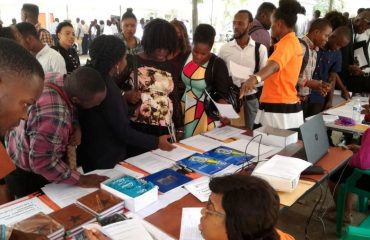
Author: Sylvester Johnson & Abass Shaw, iDT Labs
“Finding a job is a full time job” depicts the cloud that existed between job seekers and job opportunities in Sierra Leone. This challenging scenario occurred in an economy experiencing spiral growth driven by the mining boom, agriculture and service sectors. Consequently, a plethora of jobs were created. Despite the plethora of jobs, 70% youths were either unemployed or underemployed (UNDP, 2010) with an estimated 800,000 youths actively searching for a job.
Before We Came In
In order to connect with jobs, youths had to travel long distances to get access to job information centralized in Freetown. Some migrated to mining areas where they could access job information or constantly gave calls to friends and family members having access to thinly circulated newspapers. Libraries with daily newspapers were often jam packed with graduates hunting for job information.
Apparently, jobs were mainly advertised via word of mouth and newspapers. Whereas the distribution ambit of jobs advertised via word of mouth was very narrow, only a minority of Sierra Leoneans read newspapers of which most are predominantly in the Western area. This factor deprived a large proportion of job seekers the ability to access job information.
Whilst the access to job information was puzzling, the cost of attaining job information was frustrating. The average income job seekers had to buy series of newspapers to access job information. The worst case scenario was experienced by poor job seekers, often in the majority, who resigned to faith and became non-active job seekers. This scenario created barriers to thousands of job seekers.
Employers on another hand were left with the no option to but advertise on daily newspapers. Using traditional media, employers mainly received applications from people that were no way near qualified for their positions. Without knowledge of the applications that meets the set requirement, employers had to go through each and every application to ensure that the ideal candidate is not missed. And that was a frustrating and tiresome task that often leads to some employers seeking foreign expatriates. In most cases, there were qualified Sierra Leoneans abroad being deprived of job opportunities home as job vacancies were only given a local audience.
From stories narrated from both sides of the coin, Job seekers & Employers, revealed there were both job opportunities and qualified candidates in the labor market; the reason for the seeming lack of both, we discovered, was in-existence of a centralized environment wherein both job-seekers and employers can fulfill their search requirements.
When We Came In
In response this scenario, we developed Carreers.sl a centralized platform for job information. Careers.sl powers innovative and low-cost ways in bringing job-seekers and employers together. Making use of technological models like the Internet, WAP, and SMS, Careers.sl lowered the search cost and barrier to information for both job-seekers and employers, providing basic labor market information to them and a centralized meeting point wherein the two groups can interact. Sierra Leonean jobseekers around the world the first time had the opportunity to register and upload their Resumes and certificates, apply to job vacancies online and were contacted by potential employers. With over 10,000 followers and an average of 15 new jobs posted weekly, Careers.sl is Sierra Leones biggest job search engine.



